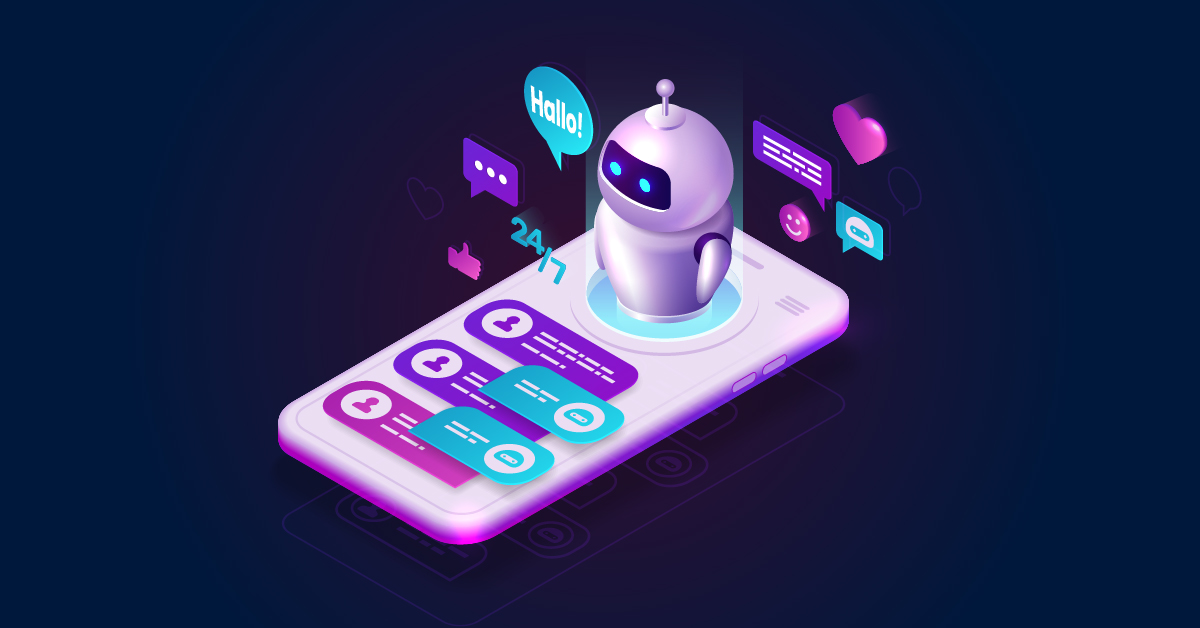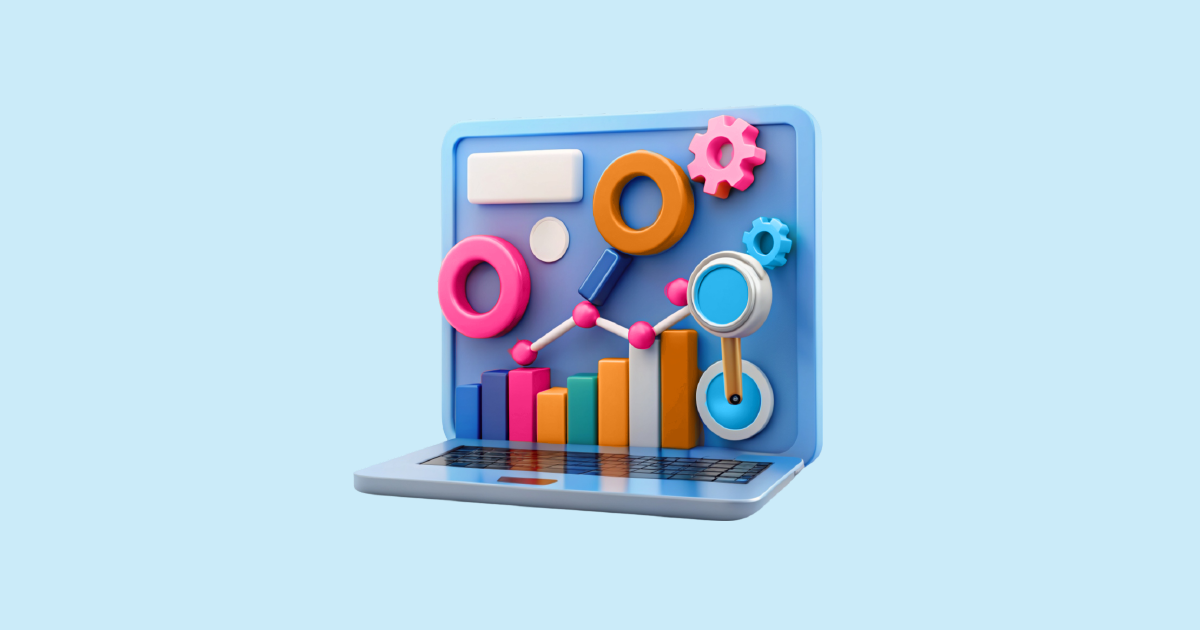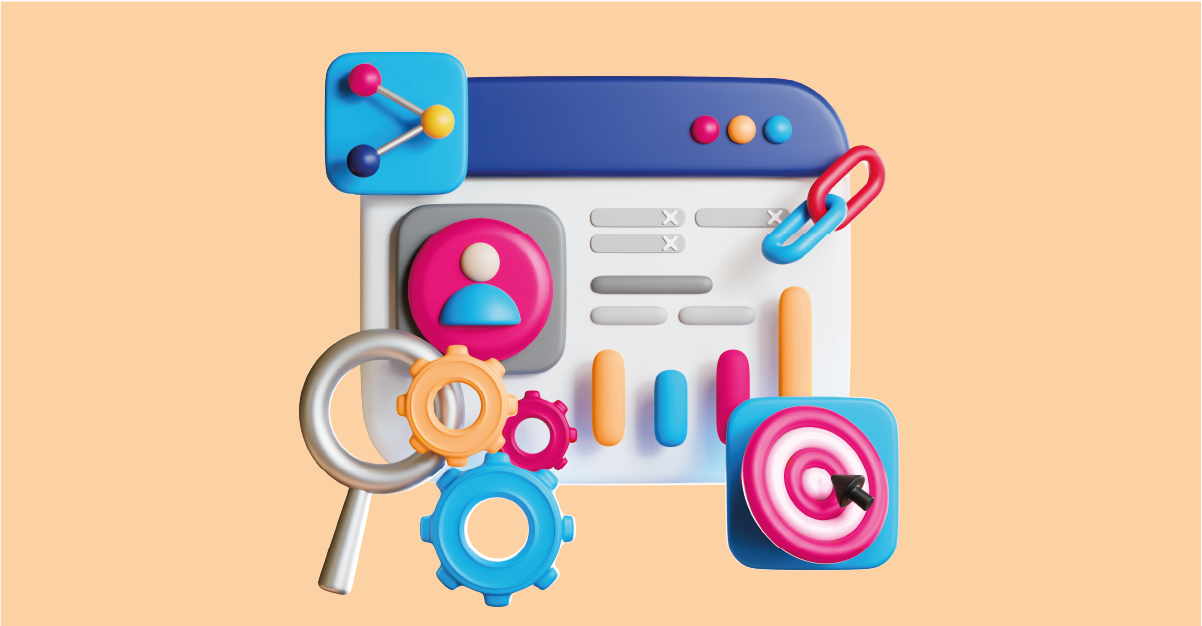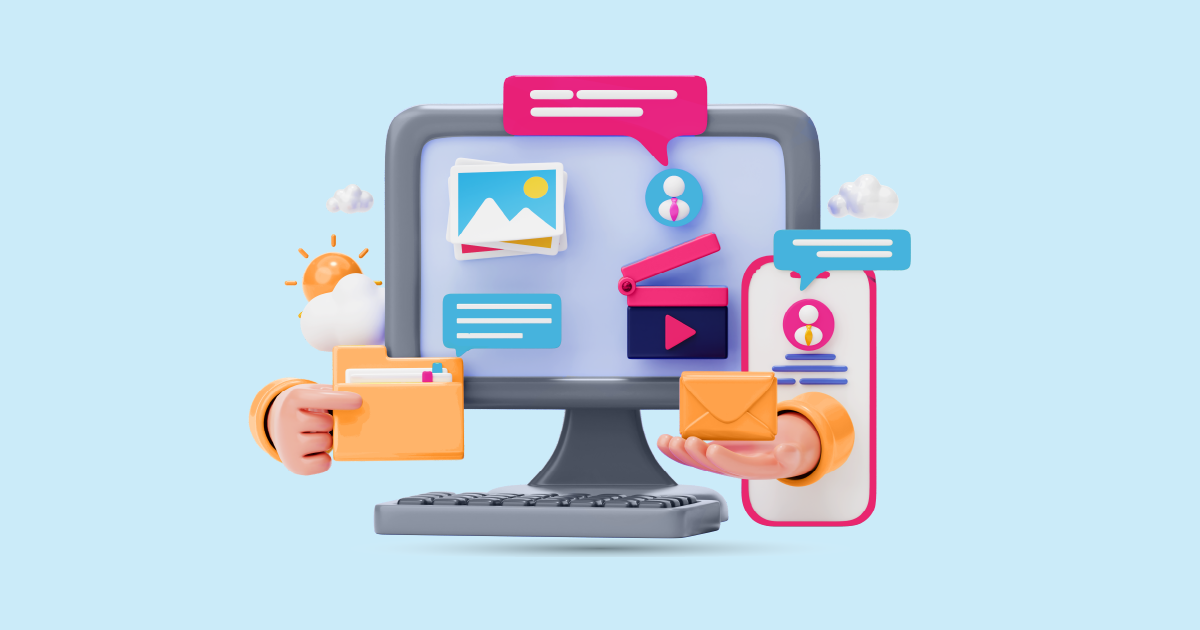Social intelligence platforms have become indispensable tools for businesses seeking to navigate the complex landscape of digital interactions. From understanding consumer sentiment to tracking brand mentions, these platforms offer a wealth of data and insights that can inform strategic decision-making. In this article, we’ll delve into the world of social intelligence platform, exploring their evolution, key features, benefits, and future trends.
Introduction to the Social Intelligence Platform

In today’s digital age, social media plays a pivotal role in shaping consumer behavior and driving business outcomes. Social intelligence platforms leverage advanced analytics techniques to extract meaningful insights from the vast amounts of data generated on social media channels.
Understanding Social Intelligence
1. What is Social Intelligence?
Social intelligence refers to the ability to gather, analyze, and interpret data from social media platforms to gain actionable insights into consumer behavior, market trends, and competitor strategies.
2. Importance of Social Intelligence in Today’s Digital World
In a hyper-connected world where information travels at the speed of light, businesses need to stay ahead of the curve by understanding the pulse of their audience. Social intelligence provides a competitive edge by offering real-time insights that drive informed decision-making.
Evolution of Social Intelligence Platforms
From rudimentary tools to sophisticated platforms powered by artificial intelligence, social intelligence has come a long way in recent years.
1. Early Developments
The early days of social intelligence saw the emergence of basic monitoring tools that allowed businesses to track brand mentions and sentiment manually.
2. Current Trends and Technologies
Today, social intelligence platforms harness the power of big data, machine learning, and natural language processing to deliver advanced analytics capabilities, enabling businesses to extract valuable insights from vast amounts of social media data.
Key Features of Social Intelligence Platforms
1. Data Aggregation and Analysis
Social intelligence platforms aggregate data from various social media channels, including Facebook, Twitter, Instagram, and LinkedIn, and analyze it to identify trends and patterns.
2. Sentiment Analysis
Sentiment analysis algorithms analyze the tone and context of social media conversations to determine whether they are positive, negative, or neutral, helping businesses gauge public perception of their brand.
3. Influencer Identification
Social intelligence platforms use machine learning algorithms to identify influencers within specific niches or industries, enabling businesses to forge strategic partnerships and amplify their reach.
4. Competitive Analysis
By monitoring competitor activity and sentiment, social intelligence platforms provide valuable insights into competitor strategies, allowing businesses to identify opportunities and threats in the market.
5. Real-time Monitoring
Social intelligence platforms offer real-time monitoring capabilities, allowing businesses to stay abreast of emerging trends, breaking news, and viral content relevant to their industry.
Benefits of Using Social Intelligence Platforms
1. Enhanced Customer Insights
By analyzing social media conversations, businesses gain deep insights into customer preferences, behaviors, and pain points, enabling them to tailor their products and services to meet customer needs effectively.
2. Improved Brand Reputation Management
Social intelligence platforms enable businesses to monitor brand mentions and sentiment in real-time, allowing them to identify and address potential PR crises before they escalate.
3. Targeted Marketing Campaigns
By understanding the interests and demographics of their target audience, businesses can create highly targeted marketing campaigns that resonate with their audience and drive engagement and conversions.
4. Crisis Management
In the event of a crisis or negative publicity, social intelligence platforms provide businesses with the tools they need to respond swiftly and effectively, mitigating reputational damage and restoring consumer trust.
Choosing the Right Social Intelligence Platform
1. Factors to Consider
When choosing a social intelligence platform, businesses should consider factors such as scalability, ease of use, integration capabilities, and data privacy compliance.
2. Popular Platforms in the Market
Some popular social intelligence platforms include Brandwatch, Sprout Social, AIM Insights, and Talkwalker, each offering a unique set of features and capabilities to suit different business needs.
Challenges and Limitations
1. Data Privacy Concerns
As social intelligence platforms collect vast amounts of user data, businesses must ensure compliance with data privacy regulations such as GDPR and CCPA to protect consumer rights and avoid legal repercussions.
2. Accuracy of Analysis
While social intelligence platforms leverage advanced analytics techniques, there may be limitations in the accuracy of sentiment analysis and predictive modeling, leading to potential biases or inaccuracies in the insights generated.
3. Integration with Existing Systems
Integrating social intelligence platforms with existing CRM, marketing automation, and analytics systems can pose challenges in terms of data synchronization, compatibility, and workflow optimization.
Future Trends
1. AI and Machine Learning Advancements
Advancements in artificial intelligence and machine learning are poised to revolutionize social intelligence, enabling more sophisticated analysis, predictive modeling, and automation capabilities.
2. Predictive Analytics
Social intelligence platforms will increasingly leverage predictive analytics to forecast future trends, consumer behaviors, and market dynamics, empowering businesses to proactively anticipate and respond to emerging opportunities and challenges.
3. Cross-platform Integration
As social media ecosystems continue to evolve and diversify, social intelligence platforms will need to adapt by offering seamless integration with a wide range of platforms, channels, and data sources to provide comprehensive insights and analysis.
Conclusion
Social intelligence platform have emerged as indispensable tools for businesses seeking to harness the power of social media data to drive strategic decision-making. By leveraging advanced analytics techniques and machine learning algorithms, these platforms offer a wealth of insights that enable businesses to gain a competitive edge, enhance customer engagement, and drive business growth in today’s digital landscape.
Ready to unlock the full potential of social intelligence for your business? Request a demo from AIM Technologies today and discover how our innovative solutions can help you leverage the power of social data to achieve your business objectives.
FAQs
What industries can benefit most from social intelligence platforms?
- Social intelligence platforms are valuable across various industries, including retail, hospitality, healthcare, finance, and automotive, among others. Any business that seeks to understand and engage with its target audience on social media can benefit from these platforms.
How do social intelligence platforms ensure data privacy and compliance?
- Leading social intelligence platforms adhere to strict data privacy regulations such as GDPR and CCPA and employ robust security measures to protect user data. They also provide features such as data anonymization, encryption, and user consent management to ensure compliance.
Can small businesses afford to invest in social intelligence platforms?
- Many social intelligence platforms offer tiered pricing plans to accommodate businesses of all sizes, including small and medium-sized enterprises (SMEs). Additionally, some platforms offer free trials or limited-feature versions, allowing businesses to explore their capabilities before committing to a paid subscription.
How quickly can businesses see results from implementing social intelligence platforms?
- The timeline for seeing results from social intelligence platforms can vary depending on factors such as the complexity of the implementation, the amount of data available, and the specific goals of the business. However, businesses can typically expect to see initial insights and actionable recommendations within a few weeks to a few months of implementation.
Are social intelligence platforms only useful for monitoring social media?
- While social intelligence platforms are primarily designed for monitoring and analyzing social media data, their applications extend beyond social media management. Businesses can use social intelligence platforms to inform product development, competitive analysis, influencer marketing, crisis management, and more, making them versatile tools for holistic business intelligence.




